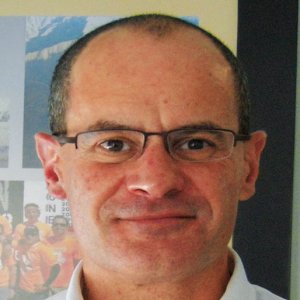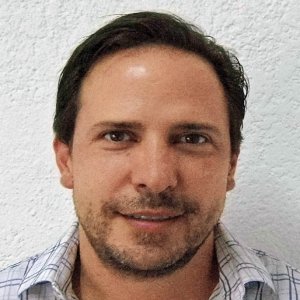Innovation Blazes Trail Toward Personalized Treatments

STORY INLINE POST
The development of a biotechnology drug industry is setting up a panorama of innovation in the country that could provide personalized treatments and better disease management. However, without strict data collection and regulation, patient health could be endangered.
“It is not easy,” says Annette Ortiz, Director General of Epic CRO. Companies like Epic CRO are offering clinical research solutions to anticipate the changing terrain. The company, which works in pharmaceuticals, nutrition and medical devices is also highly interested in the biotech industry and in acquiring clients that want to start clinical trials for drugs with a biological basis.
Epic CRO has 10 years of experience conducting clinical trials in Latin America, providing integral and tailored services to local and foreign clients looking for clinical development to take their products to market.
“It used to be that 20 percent of diseases were healed with special chemistry, known as biotechnology, but now pharmaceutical companies want to treat other diseases like diabetes and cardiovascular with these types of drugs,” Ortiz says. The main benefits of this technology are personalized treatments, reduction of adverse effects and higher control of the disease for both patient and physician.
Epic CRO clinical research focuses on vaccines, diabetes, respiratory and gastric disease medication. The company has developed trials for influenza and hepatitis C vaccines, in addition to a formula for chromate testing to detect lymphatic cancer. However, Ortiz recognizes this traditional clinical research process completely changes when dealing with biotechnological drugs. “Data collection becomes a new challenge when we need to consider more factors because any patient behavior can vary the molecule’s effects. During regular clinical trials we have two patient groups to observe, now we have to control every patient separately,” she says.
Given the complexity of the trials and their cost, pharmacovigilance and techno-vigilance become a main concern for clients. As a solution, Epic CRO has a twoserver protection system.
A large obstacle for this industry is the lack of regulation. Ortiz says that COFEPRIS was expected to prepare regulation on this subject for 2016. However, “companies that were supposed to start clinical research realized COFEPRIS was not yet ready to answer many of the questions they had.” She says that there is a big difference between traditional pharmacy and biotechnology, which requires an understanding and new technology that is not common in the Mexican pharmaceutical context.
Ortiz believes it will take at least one more year to complete the regulation. Meanwhile, the company’s plan is to gain as much knowledge as they can from each of their biotechnology trials and get a full understanding of how each molecule works to sharpen each protocol, so when the time comes they will be prepared to explain to patients the benefits of this new technology.
Epic CRO's priority is to push the industry to do clinical research. “The challenge I find is that Mexican companies want to bring products onto the market as fast as they can so they try to take shortcuts to get approvals,” she says. CROs could help prevent this issue by analyzing the studies before they are performed and suggest potential modifications in case a more complete trial is required.
This could be an issue for local companies. Epic CRO has done clinical development for companies from Spain and the US that want to enter Mexico and are taking the right steps to perform trials for their products here. “Mexico is one of the countries in Latin America that is trying to speed the authorization process without cutting steps and reviews” although international companies are more open to these requirements.
“Biotechnology represents a strong commitment for us. What we are doing in research right now will show results in 10 years and all the data you are accumulating will probably save lives,” Ortiz concludes.






















